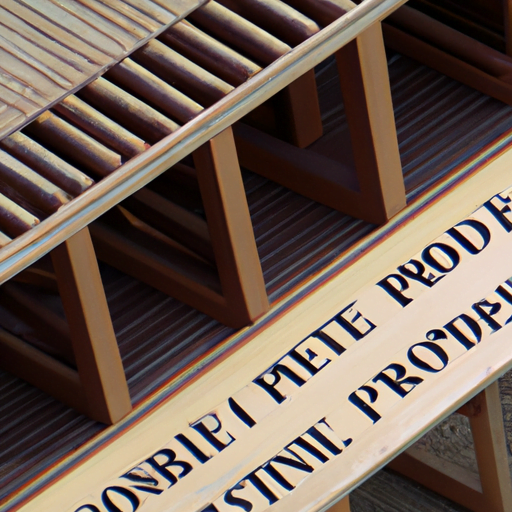“History provides many examples of benevolent dictators who become increasingly repressive and new democracies that take years to improve public welfare. I account for this temporal variation in public goods provision by considering how regime consolidation changes leaders’ incentives to provide public goods.
To stay in office, all leaders must maintain a sufficient level of support from those possessing the power to replace the leader via institutional processes. Leaders of unconsolidated regimes face additional threats posed by viable extra-institutional challengers, such as coup plotters and revolutionaries.
Tests on public goods spanning political freedoms, government expenditures, education, and health generally suggest leaders’ incentives for public goods provision change as regime consolidation insulates leaders from these extra-institutional threats to power. Regimes with inclusive institutions spend more on public goods as they consolidate and become less vulnerable to elite demands.
Exclusive regimes spend more on public goods when they are vulnerable to the excluded masses, but become increasingly repressive as they become insulated from popular uprisings. Consequently, consolidation magnifies the positive effect of democracy on public goods provision. These findings have important implications for the literatures on public goods provision and regime survival.”
Published in International Studies Quarterly | C. Bell | 2011 https://www.semanticscholar.org/paper/Buying-Support-and-Buying-Time%3A-The-Effect-of-on-Bell/a357ee74182b9ce234b82de75c4129f2709be0df

